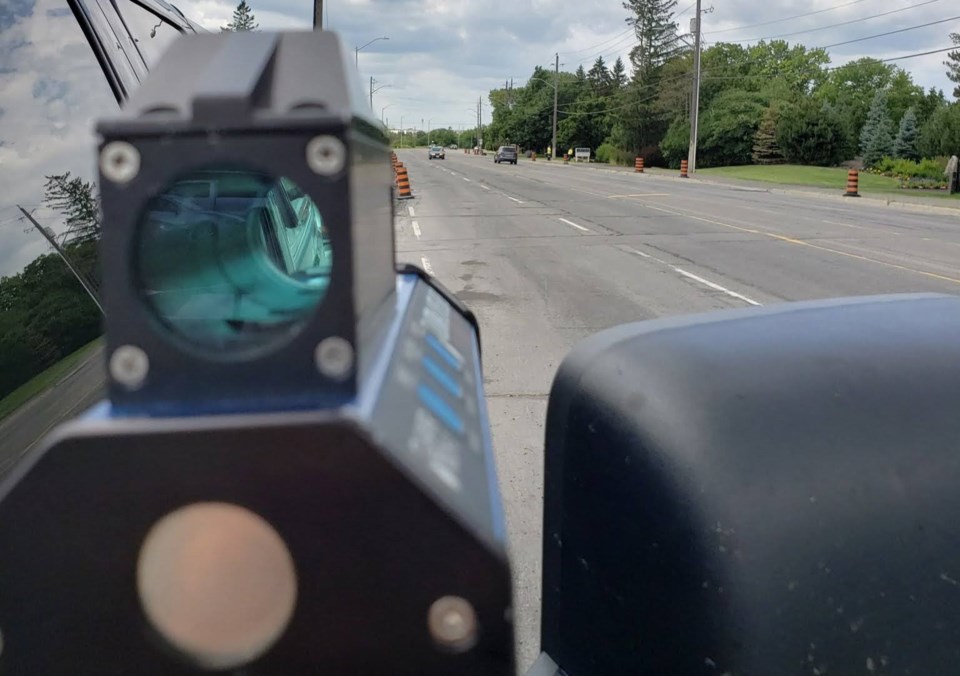The number of open traffic warrants in Longmont has more than tripled since 2019, according to court data obtained by the Boulder County District Attorney’s Office.
The Longmont cases include people who fail to appear in court, fail to pay fines, those who fled the scene or people whose whereabouts are unknown.
Longmont traffic warrant cases:
- 2019: 25
- 2020: 39
- 2021: 74
- 2022 (as of mid-December): 87
Examples of traffic violations include speeding, driving uninsured, disobeying a road sign, using a phone while driving, failing to wear a seat belt and failing to stop or signal.
“People don’t end up with an arrest warrant unless we made an arrest, gave a ticket or took them to jail for bond and they were released on some sort of bond,” said Longmont Police Chief Jeff Satur. “Unfortunately COVID restrictions put us in a little bit of a tailspin, because a lot of people then maybe should’ve gone to jail, but because of the COVID restrictions, they couldn’t go to jail … now it’s all starting to catch up.”
More people were issued summons to show up in court during the pandemic, and many — including those charged with more serious crimes — didn’t show up for those court dates, Satur said.
“Those people then continued doing bad things in our communities, which resulted in more contact, more tickets, more maybe going to jail and getting released on a PR bond, and then back out on the streets,” the police chief explained. “The warrants have grown and it’s not uncommon, you know, for us to hear people have four, five, six, seven warrants for their arrest, if not more.”
The growing number of warrants was likely one of the factors behind a higher crime rate in Longmont, Satur said. Criminal offenses in the city went from 2,942 in 2019, to 3,081 in 2020, to 3,151 in 2021.
“If somebody’s not held accountable for their initial crimes, they don’t always stop doing what got them contacted by the police,” he said. “And they eventually will, but it doesn’t take long to start stacking those cases up if you’re not being held accountable for your initial cases.”
Judges evaluated people’s risk to society during the height of the pandemic and the most serious offenders were sent to jail, but those with misdemeanors and traffic offenses were often out of jail quickly, Satur explained.
“It’s very frustrating when those people get out on a low bond or a PR bond, because they’re not going to stop, and then we’re going to have to catch them again stealing cars, or something like that,” he said. “So that can be frustrating for officers.”
Satur said he believes the number of open warrants will decline as the justice system catches up on pandemic backlogs — more people are going to jail for failure to appear in court warrants because the Boulder County Jail capacity is back to normal.
“It’s improving in the sense that I think our judges are aware now that when we contact this person and they have seven warrants for their arrest, letting that person out is not going to ensure they’re coming back,” the police chief said. “I think our judges have an awareness that this person needs to stay in jail, and they’re not going to reduce their bonds.”


